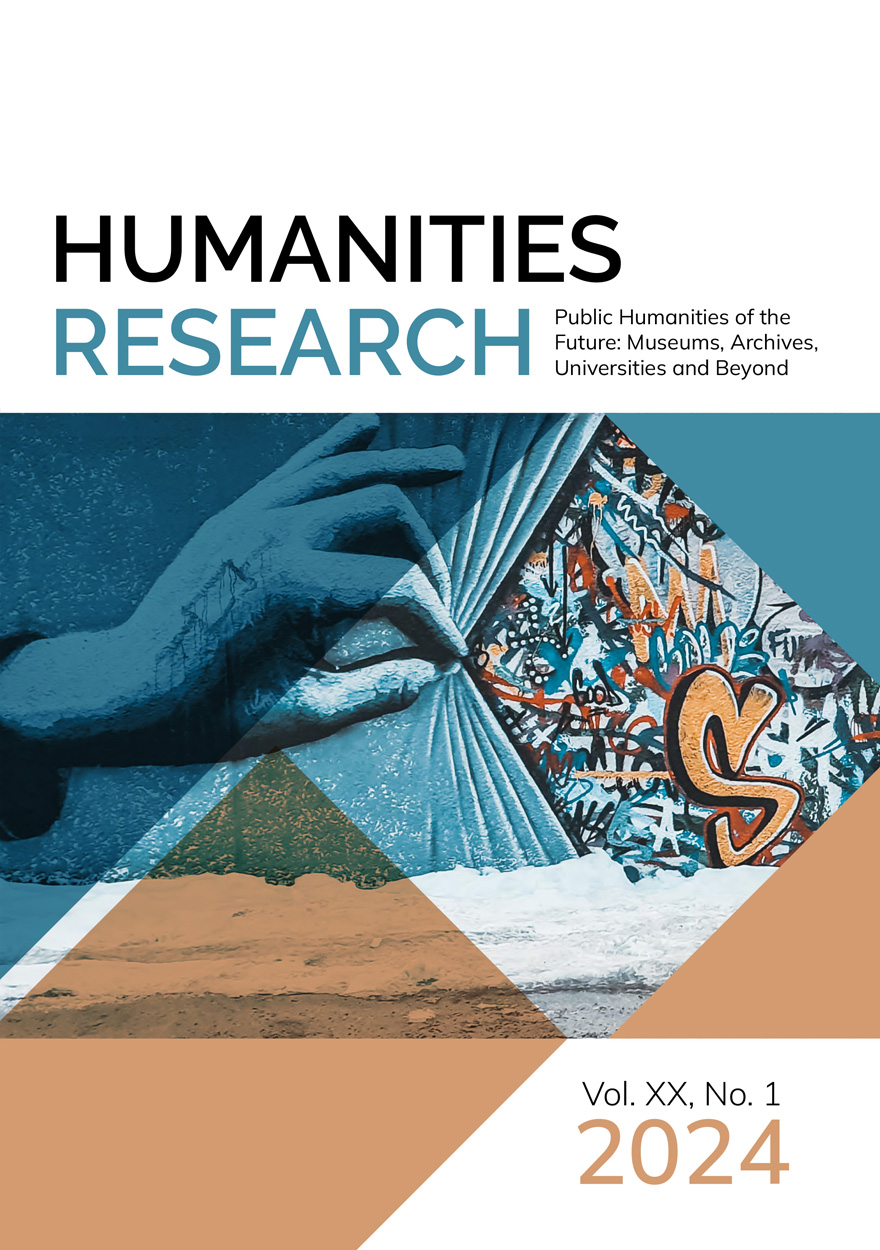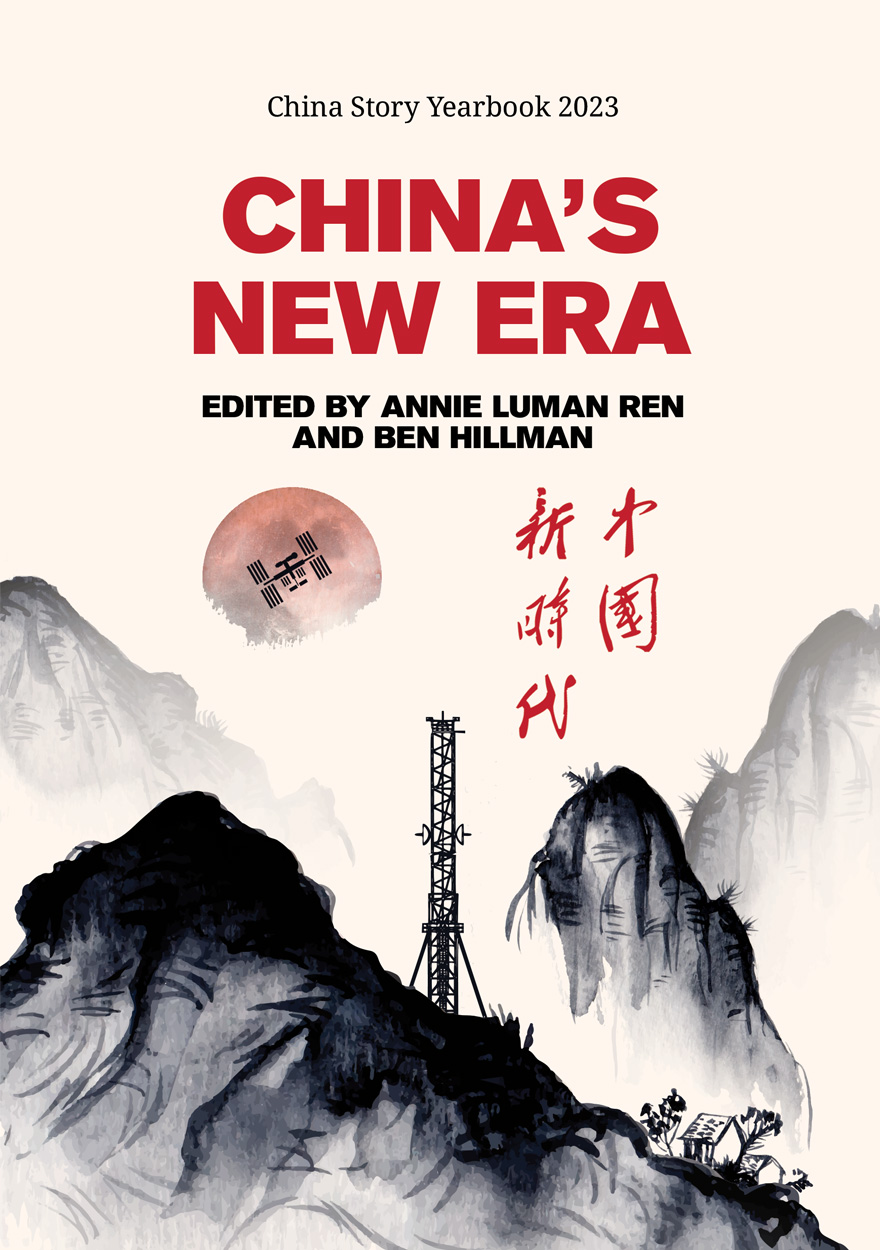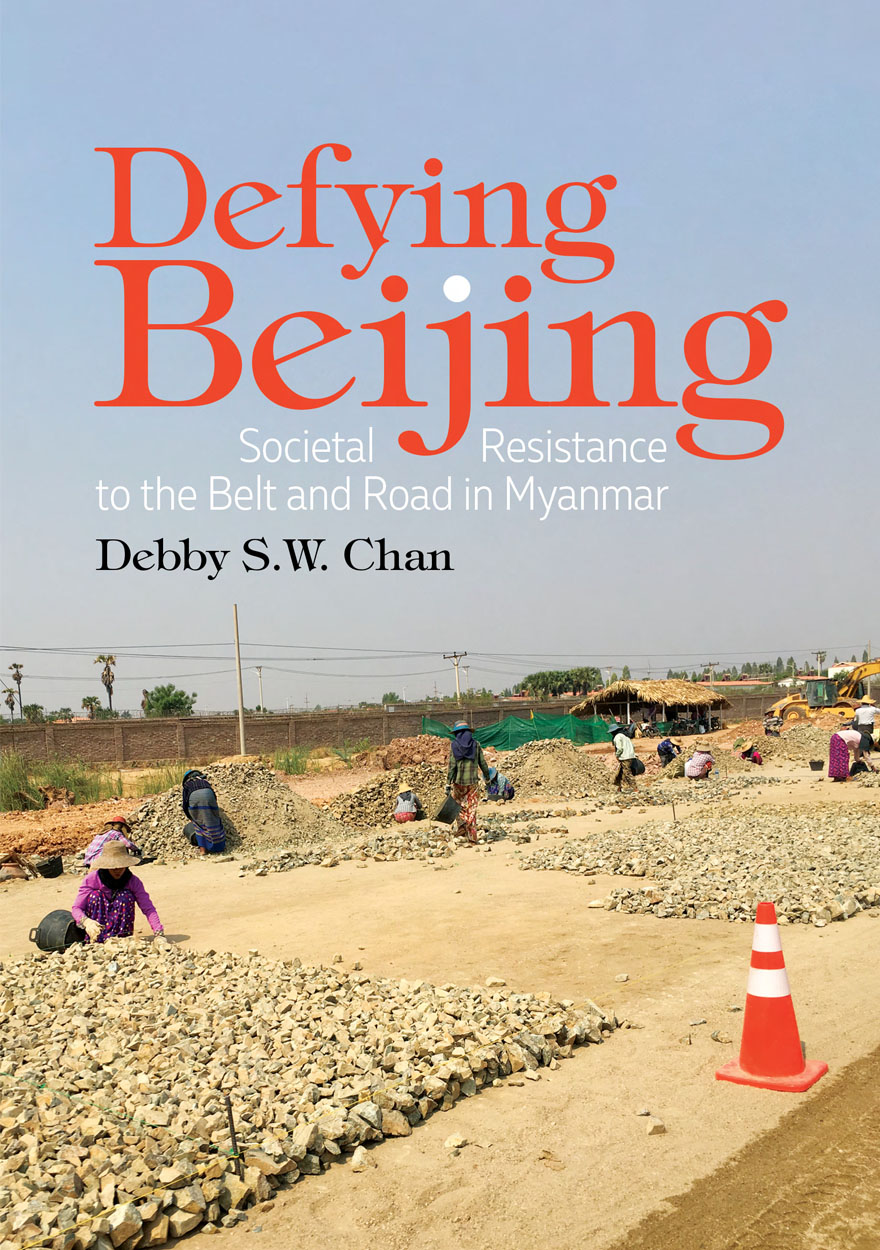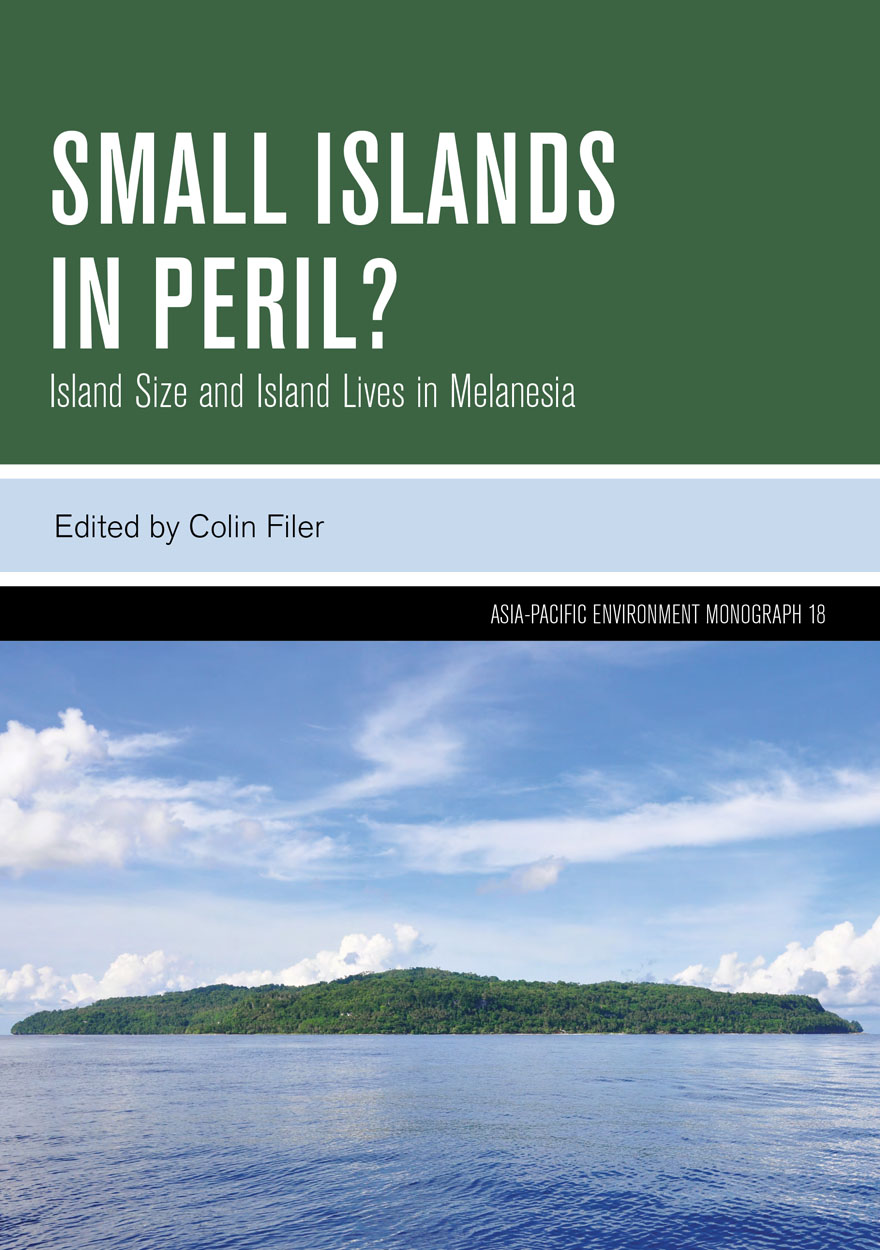Search titles
Displaying results 1061 to 1070 of 1138.

Humanities Research: Volume XX, Number 1, 2024 »
Public Humanities of the Future: Museums, Archives, Universities and Beyond
Edited by: Kylie Message, Frank Bongiorno, Robert Wellington
Publication date: May 2024
‘Public Humanities of the Future: Museums, Archives, Universities and Beyond’ explores the roles, responsibilities and challenges of the humanities in 2024 and beyond. It examines if and how our public cultural institutions and disciplines engage ethically and meaningfully with the challenges of contemporary life, and sheds light on how the conception and practice of humanities research is developing institutionally as well as through collaboration with partners and communities beyond the university context.
This high-profile publication marks a number of historic moments, including the increasing urgency of the humanities in contemporary life, as well as the rapid development of interdisciplinary, digital and public humanities over the last decade, and the opportunities for international collaboration reflected in the post-COVID 19 resumption of international travel. It also marks the 50th-year anniversary of the Humanities Research Centre at The Australian National University, and the re-launch of Humanities Research.

Ginkgo Village »
Trauma and Transformation in Rural China
Authored by: Tamara Jacka
Publication date: June 2024
Ginkgo Village provides an original and powerfully intimate bottom-up perspective on China’s recent tumultuous history. Drawing on ethnographic and life-history research, the book takes readers deep into a village in a mountainous region of central-eastern China known as Eyuwan. In the twentieth and early twenty-first centuries, villagers in this region experienced terrible trauma and far-reaching socio‑economic and political change. In the civil war (1927–1949), they were slaughtered in fighting between Nationalist and Communist forces. During the Great Leap Forward (1958–1961), they suffered appalling famine. Since the 1990s, mass labour outmigration has lifted local villagers out of poverty and fuelled major transformations in their circumstances and practices, social and family relationships, and values and aspirations.
At the heart of this book are eight tales that recreate Ginkgo Village life and the interactions between villagers and the researchers who visit them. These tales use storytelling to engender an empathetic understanding of Ginkgo Villagers’ often traumatic life experiences; to present concrete details about transformations in everyday village life in an engaging manner; and to explore the challenges and rewards of fieldwork research that attempts empathetic understanding across cultures.

China’s New Era »
Edited by: Annie Luman Ren, Ben Hillman
Publication date: June 2024
According to Communist Party discourse, China’s ‘New Era’ began when Xi Jinping was anointed Party boss in 2012. The shape of this New Era became eminently clear in 2023 when Xi commenced his third five-year term as General Secretary of the Party, a fortification of one-man authoritarian rule unprecedented in post-Mao China. Under Xi, the Party has expanded its influence over government, the economy and society. The Party-State is now more Party than State. The year 2023 saw other ‘new eras’ for China as well. Despite initial optimism sparked by the end of COVID-19 restrictions in late 2022, the Chinese economy in 2023 was buffeted by continuing property sector woes, record unemployment, and an unfolding local government debt crisis. Globally, China adopted a series of new and ambitious diplomatic initiatives to woo the Global South and amplify its voice on the world stage. The China Story Yearbook 2023: China’s New Era provides informed perspectives on these and other important stories that will resonate for years to come.

Defying Beijing »
Societal Resistance to the Belt and Road in Myanmar
Authored by: Debby Chan
Publication date: June 2024
The Belt and Road Initiative (BRI) aims to construct a Sino-centric transcontinental infrastructure network in Asia, Europe, Africa and beyond. Within this initiative, the China–Myanmar Economic Corridor (CMEC) is a vital strategic component. The shortcut to the Indian Ocean seeks to improve China’s energy security and facilitate trade. Defying Beijing: Societal Resistance to the Belt and Road in Myanmar shows how Myanmar was able to capitalise on Chinese BRI ambitions to achieve its own desired outcomes during the country’s political liberalisation in the 2010s. Belying the asymmetrical relationship between these two nations, the Myitsone hydropower dam was suspended, the Letpadaung copper mine’s contract was renegotiated, and the Kyaukphyu deep seaport project was downsized. China offered concessions to Myanmar instead of pressuring it to honour those signed agreements. Contrasting a common proposition that US-Myanmar rapprochement disrupted the BRI projects in Myanmar, Defying Beijing argues that the rise of new foreign policy actors – citizens – made project continuation costlier for Naypyidaw in the course of political liberalisation in the 2010s. Naypyidaw was pressured to renegotiate terms with Beijing in the wake of social outcry in the country. Defying Beijing advances our understanding of Chinese–Myanmar BRI relations and demonstrates how citizens can change the course of events of BRI cooperation despite oppressive political environments and an imbalanced bargaining structure. In post-coup Myanmar, Naypyidaw’s policy options were not conditioned by public opinion or protests; nonetheless, armed resistance has posed new domestic constraints in the CMEC’s implementation. Clearly, bilateral economic agreements without citizens’ endorsement are fraught with legitimacy problems and instabilities.

East Asia Forum Quarterly: Volume 16, Number 2, 2024 »
Publication date: June 2024
Key in globalisation, supply chains connect producers to consumers across nations and specialisations. Recently, geopolitics, the COVID-19 pandemic and European conflicts have reshaped these networks. Supply chains are increasingly influenced by statecraft and protectionism, moving away from multilateral cooperation. This issue of East Asia Forum Quarterly explores the rapid transformation of supply chains, the paradox of digital innovation in trade and the consequences of economic isolationism.
Download for free
Not available for purchase

Salish Archipelago »
Environment and Society in the Islands Within and Adjacent to the Salish Sea
Edited by: Moshe Rapaport
Publication date: June 2024
The Salish Archipelago includes more than 400 islands in the Salish Sea, an amalgamation of Canada’s Georgia Strait, the United States’ Puget Sound, and the shared Strait of Juan de Fuca. The Salish Sea and Islands are named for the Coast Salish Indigenous Peoples whose homelands extend across the region.
Holiday homes and services have in many places displaced pristine ecosystems, Indigenous communities, and historic farms. Will age-old island environments and communities withstand the forces of commodity-driven economies? This new, major scholarly undertaking provides the geographical and historical background for exploring such questions.
Salish Archipelago features sections on environment, history, society, and management, accompanied by numerous maps and other illustrations. This diverse collection offers an overview of an embattled, but resilient, region, providing knowledge and perspectives of interest to residents, educators, and policy makers.
Format: Hardback

A Team of Five Million? »
The 2020 ‘Covid-19’ New Zealand General Election
Publication date: June 2024
New Zealand was one of a handful of countries that held a national election in the midst of the Covid-19 pandemic. Its policy response stood out as remarkably successful. Indeed, several years on from the onset of the crisis, in 2023 New Zealand still retained a record of no excess deaths. While New Zealanders were voting on October 17, 2020, their country had only recorded 25 confirmed deaths out of a population of five million. Then, support for the government’s crisis management was at its height. Labour, the leading party in the incumbent coalition government, secured a historic election victory. Prime Minister Jacinda Ardern had taken up the metaphor of the New Zealand people as ‘a team of five million’ facing the Covid-19 threat together. This book seeks to explain the success of the government’s strategy through an analysis of the election campaign and outcome. The authors also address the limits of this approach and the extent to which some voters felt alienated rather than connected with the ‘team’. The election outcome was a big short-term swing of the electoral pendulum. It did not generate a reset of the party system. Three years on, as the 2023 election loomed into sight, the party system looked much as it did prior to the pandemic, and Labour’s success in 2020 was about to be dramatically reversed.

Capital Punishment, Clemency and Colonialism in Papua New Guinea, 1954–65 »
Authored by: Murray Chisholm
Publication date: July 2024
This study builds on a close examination of an archive of files that advised the Australian Commonwealth Executive on Papua New Guineans found guilty of capital offences in PNG between 1954 and 1965. These files provide telling insight into conceptions held by officials at different stages of the justice process into justice, savagery and civilisation, and colonialism and Australia’s role in the world. The particular combination of idealism and self-interest, liberalism and paternalism, and justice and authoritarianism axiomatic to Australian colonialism becomes apparent and enables discussion of Australia’s administration of PNG in the lead-up to the acceptance of independence as an immediate policy goal. The files show Australia gathering the authority to grant mercy into the hands of the Commonwealth and then devolving it back to the territories. In these transitions, the capital case review files show the trajectory of Australian colonialism during a period when the administration was unsure of the duration and nature of its future relationship with PNG.

Small Islands in Peril? »
Island Size and Island Lives in Melanesia
Edited by: Colin Filer
Publication date: July 2024
This book explores the idea that small island communities could be regarded as canaries in the coal mine of sustainable development because of scientific and anecdotal evidence of a common link between rapid population growth, degradation of the local resource base, and intensification of disputes over the ownership and use of terrestrial and marine resources. The authors are all anthropologists with a specific interest in the question of whether the economic and social ‘safety valves’ that have previously served to break some of the feedback loops between these trends appear to be losing their efficacy. While much of the debate about economy–society–environment relationships on small islands has been overtaken by a narrow focus on the problem of climate change, the authors show that there are many other factors at work in the transformation of island lives and livelihoods.

After Neoliberalism »
Authored by: John Quiggin
Publication date: July 2024
Since the early 1980s, Australian economic policy has been dominated by the ideology of neoliberalism (also known as ‘economic rationalism’), including policies of privatisation, financial deregulation and micro-economic reform. Throughout this period, John Quiggin has presented critical assessments of neoliberal policies and the claims about productivity growth made in support of those policies.
The credibility of neoliberalism was fatally wounded by the Global Financial Crisis and its aftermath. Nevertheless, market ideology has lumbered on in zombie form, for want of a clear alternative. It is only recently that we have begun to reverse the failed policies of privatisation and deregulation and to consider radical alternatives such as a shift to a four-day week.
This book provides a historical perspective in the form of a series of articles written from the mid-1980s to the present day. It concludes with some suggestions for the way forward, after neoliberalism.
‘John Quiggin is the intellectual equivalent of a dazzling fireworks display. I walk away from every encounter with a bright new insight, and this book is no exception. Agree or disagree, Professor Quiggin is a veritable trove of fresh insights. Spanning nearly four decades, this volume brings together some of Professor Quiggin’s most provocative contributions, driven by a deep commitment to equity. It will pique your curiosity and encourage you to work towards a better world.’
—Andrew Leigh, Parliamentarian and author of The Shortest History of Economics



